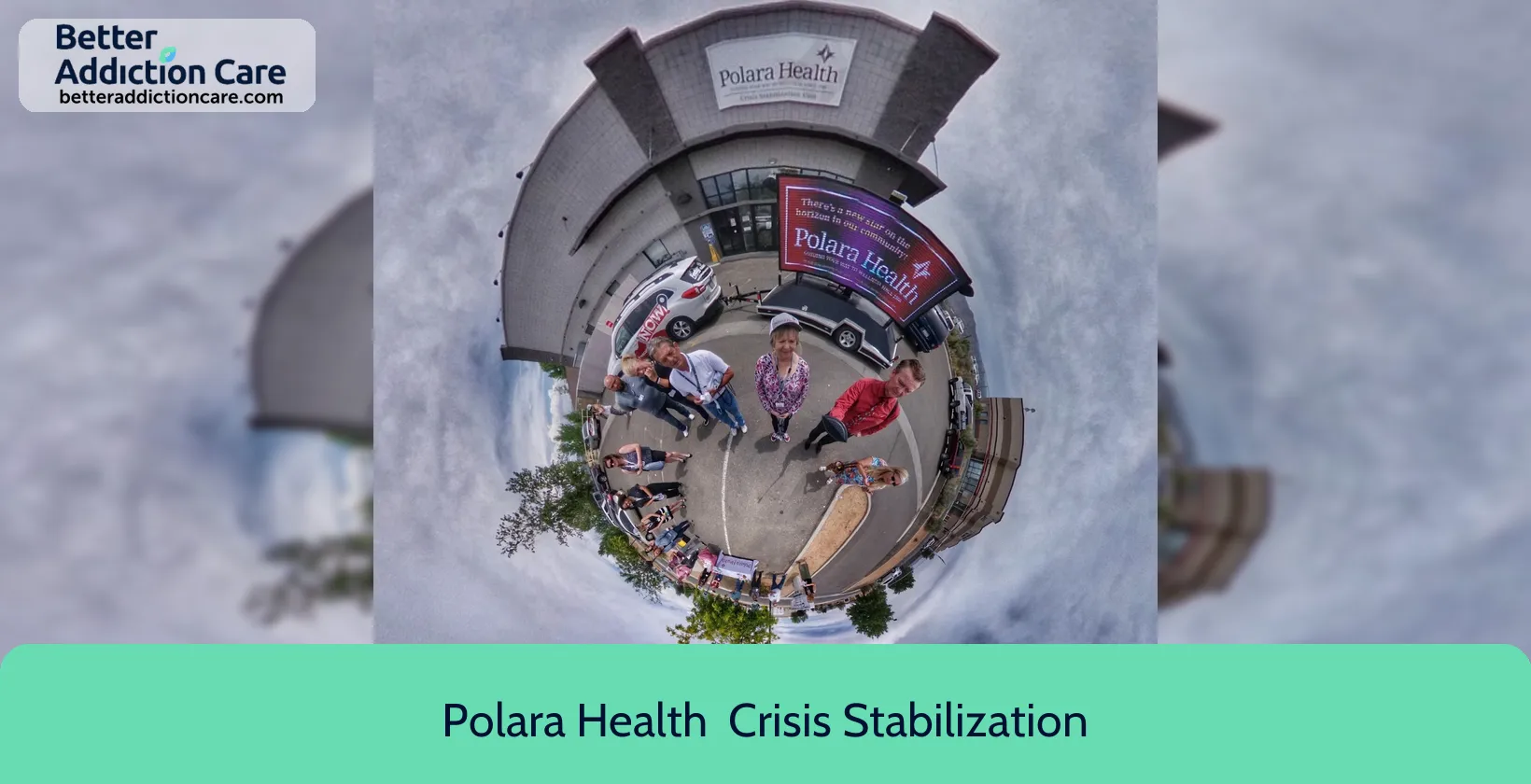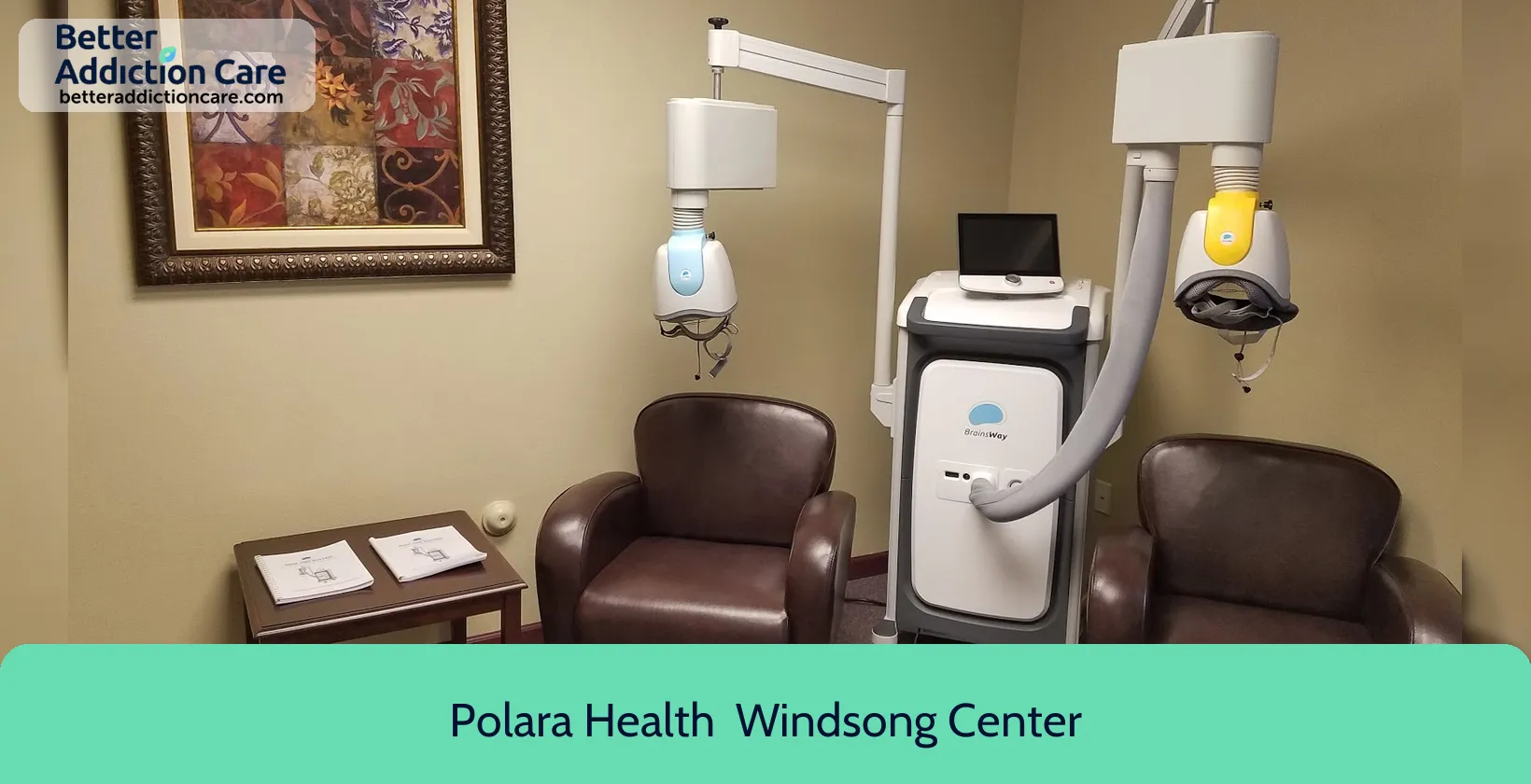Mingus Mountain Estates - Emily House

Overview
Mingus Mountain Estates - Emily House is a substance abuse treatment center for people seeking treatment near Yavapai County. As part of their treatment modalities for recovery, Mingus Mountain Estates - Emily House provides substance use disorder counseling, trauma-related counseling, and group counseling during treatment. Mingus Mountain Estates - Emily House is located in Prescott Valley, Arizona, accepting cash or self-payment for treatment.
Mingus Mountain Estates - Emily House at a Glance
Payment Options
- Cash or self-payment
- Medicaid
- State-financed health insurance plan other than Medicaid
- Private health insurance
- Federal military insurance (e.g., TRICARE)
Assessments
- Comprehensive mental health assessment
- Comprehensive substance use assessment
- Screening for mental disorders
- Screening for substance use
- Complete medical history/physical exam
Age Groups
- Adolescents
- Children/adolescents
- Young adults
- Adults
Ancillary Services
- Case management service
- Mental health services
- Social skills development
Highlights About Mingus Mountain Estates - Emily House
6.74/10
With an overall rating of 6.74/10, this facility has following balanced range of services. Alcohol Rehabilitation: 8.00/10, Drug Rehab and Detox: 6.00/10, Insurance and Payments: 6.00/10, Treatment Options: 6.97/10.-
Alcohol Rehabilitation 8.00
-
Treatment Options 6.97
-
Drug Rehab and Detox 6.00
-
Insurance and Payments 6.00
Accreditations
State mental health department:
State mental health department accreditation refers to the process of evaluating and certifying the quality and standards of a state's mental health department, ensuring that it provides high-quality services and meets specific criteria for mental health care. The accreditation process is performed by a third-party organization and helps to improve the overall care and treatment of individuals with mental health conditions.
State department of health:

Government agencies issue State Licenses, granting rehabilitation organizations permission to operate their businesses legally within specific geographic regions. The licenses needed for legal operation are typically determined by the type of rehabilitation program offered by a facility and its physical location.
Council on Accreditation (COA):
The Council on Accreditation (COA) is a non-profit that provides accreditation to human services organizations to ensure they meet high standards in service delivery. The accreditation process involves evaluating the organization's policies, practices, and services to meet specific standards.
Treatment At Mingus Mountain Estates - Emily House
Treatment Conditions
- Alcoholism
- Substance use treatment
Care Levels
- Hospital inpatient treatment
- Short-term residential
- Long-term residential
- Halfway house
Treatment Modalities
- Substance use disorder counseling
- Trauma-related counseling
- Group counseling
- Family counseling
- Motivational interviewing
Ancillary Services
Additional Services
- Pharmacotherapies administered during treatment
- Mentoring/peer support
- Drug or alcohol urine screening
Special Programs
- Clients with co-occurring mental and substance use disorders
- Clients who have experienced trauma
- Clients who have experienced sexual abuse
- Clients who have experienced intimate partner violence, domestic violence
Get Help Now
Common Questions About Mingus Mountain Estates - Emily House
Contact Information
Other Facilities in Prescott Valley

7.39

7.57

6.59

7.49
Browse rehab centers near Prescott Valley and in other cities across Arizona
DISCLAIMER: The facility name, logo and brand are the property and registered trademarks of Polara Health - Windsong Center, and are being used for identification and informational purposes only. Use of these names, logos and brands shall not imply endorsement. BetterAddictionCare.com is not affiliated with or sponsored by Polara Health - Windsong Center.
